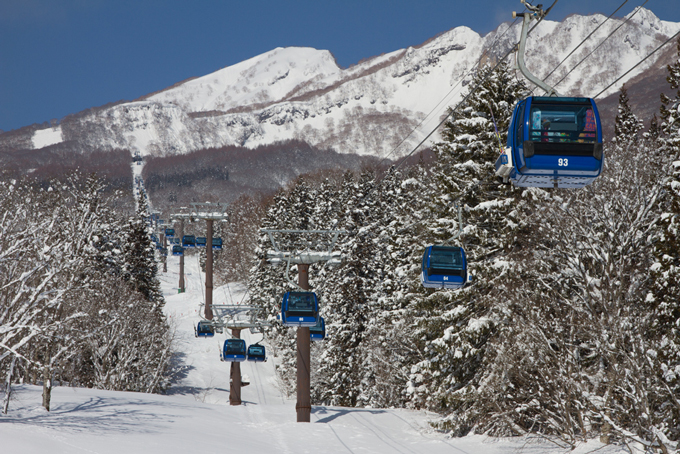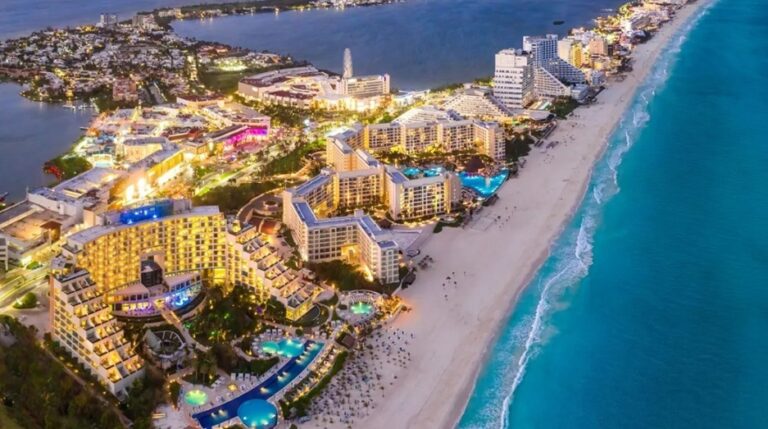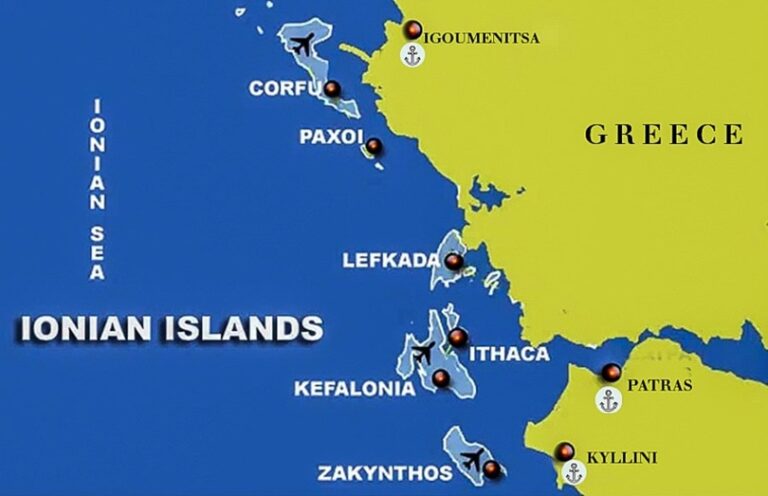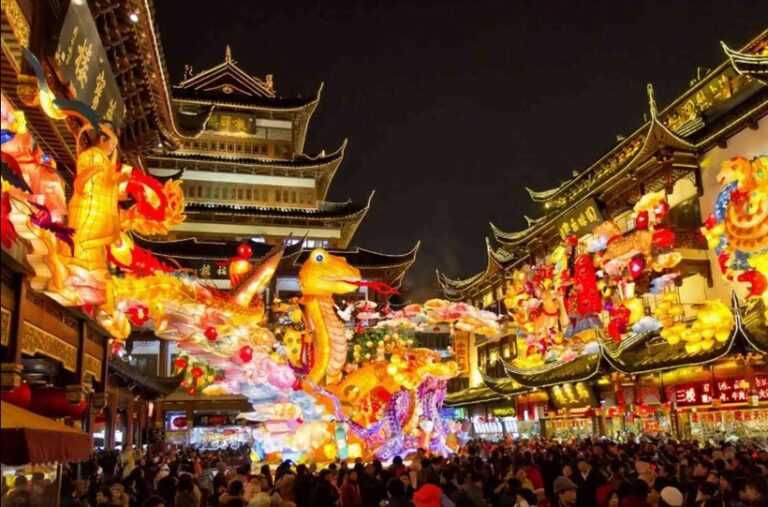Situated approximately 150 miles northwest of Tokyo, nestled within a slender valley leading to the Sea of Japan, you’ll find Myoko Kogen, a tranquil haven in Japan’s ski country. Once abuzz with youthful skiers and vibrant, neon-lit streets during the 1980s boom era, this region has witnessed quieter times.
Nonetheless, Ken Chan, the former head of the Japan division of Singapore’s sovereign wealth fund, GIC Pte, has ambitious plans to breathe new life into this area. With an investment of $1.4 billion, he envisions Myoko Kogen’s transformation into a high-end skiing paradise, poised to compete with the likes of Aspen, Whistler, and St. Moritz. Over the past two years, his investment firm has acquired adjacent lands at bargain prices, thanks to the devaluing yen. By 2026, the goal is to establish international hotels and provide accommodations for thousands of staff.
This endeavor to thrust Myoko onto the global tourism stage represents a pivotal undertaking for Chan and his enterprise, Patience Capital Group, which oversees $500 million in assets and also invests in residential real estate within Japan. It coincides with a growing interest among international investors seeking to participate in Japan’s resurgent tourism industry, where the allure of its ski slopes is gaining worldwide recognition.
Ken Chan is embarking on a legacy-defining project by raising 35 billion yen ($235 million) for his Japan Tourism Fund One, primarily directed towards revitalizing the ski scene in the Myoko area. He anticipates announcing multiple hotel partners by December, following a competitive bidding process.
Chan envisions a decade-long, 210 billion yen journey to transform the Myoko region into a luxury destination with high-end boutiques and fine dining. Travelers will access this haven via a four-hour chauffeured drive or a two-hour bullet train from Tokyo, offering skiing in winter and various recreational activities in the warmer months.
However, this project faces challenges, primarily financial, with the first phase alone requiring substantial investments. Additionally, the declining number of local skiers and snowboarders necessitates a reliance on foreign tourists. The impact of an influx of affluent travelers and the necessary workforce on the local community remains uncertain.
Chan, born in Japan and deeply connected to the country, is confident in his ability to collaborate with residents and attract visitors to Myoko, renowned for its pristine snow and extensive ski runs. His background in information technology and finance roles in Japan and Singapore adds to his determination in making this project a success.
Ken Chan’s career trajectory began when he joined GIC at the start of the 21st century, as the sovereign wealth fund sought a Singaporean professional with cultural acumen and experience to work in Tokyo. In 2004, he was relocated to Japan, serving as its representative in the country. During his tenure, he cultivated valuable relationships with influential figures such as Shinichi Sasaki, the former deputy president of Sumitomo Corp.
Chan’s strategic approach to bringing investors on board for his projects has earned praise, with a diverse mix of overseas institutional and retail investors, along with the involvement of major local Japanese banks. Notably, Chan’s departure from GIC in 2019 marked the beginning of his independent venture. His firm, Patience Capital Group, manages the Japan Residential Opportunities Fund, holding 40 billion yen in assets. Currently, they are in the process of raising 25 billion yen for a second residential fund, targeting annualized returns of 15%.
Chan’s true passion appears to lie in his ski project. He enthusiastically discusses his plans, utilizing charts and maps to highlight properties in negotiation and the intended housing for workers. His firm already possesses 350 hectares of land, including portions of two mountains spanning Niigata and Nagano prefectures, which includes Madarao Mountain Resort.
Yosuke Kanehira, proprietor of the Good Mountains restaurant located just a half-hour drive away in the nearby town of Iiyama, believes that the influx of overseas tourists could breathe new life into resorts like Madarao.
“Madarao has primarily catered to budget tours with slim profit margins,” Kanehira observed. “I’d eagerly anticipate the prospect of a foreign fund acquiring the area and attracting international visitors,” he stated, acknowledging that this notion might not sit well with some older locals.
In Nagano, the government is open to welcoming new ski resorts, provided they gain the approval and understanding of the local residents, according to Norihiko Wakabayashi, the head of the prefecture’s Tourism Promotion Group.
Wakabayashi noted the evident decline in ski resort visitors over the years but expressed optimism about the anticipated increase in inbound tourists. He welcomed the rejuvenation of the ski industry.
Much like many rural areas in Japan, Myoko has witnessed a significant reduction in its population over the past three decades.
In contrast to Niseko, Japan’s most famous ski destination, which took about 19 years to reach its current state without a clear driving force, Chan is envisioning a ground-up development approach and believes that owning the land will simplify the process.
(Source: David Ramli | Lisa Du | Yuji Okada | Bloomberg)







